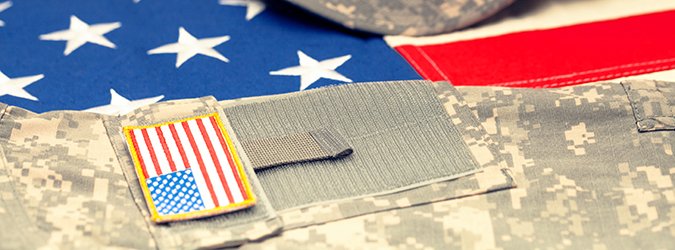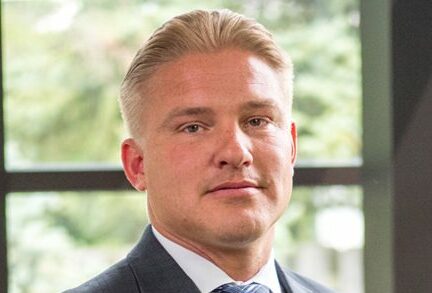Why Attorneys Should Understand Military Culture
2.11.2025

To better understand veteran clients, attorneys should learn more about military culture, including trauma.
A recent Continuing Legal Education course, presented by the New York State Bar Association, discussed the experiences of servicemembers and veterans and how it can affect their interactions with the court system. Nancy Farrell, director of the Veterans Defense Program at the New York State Defenders Association, led the discussion.
Farrell explained that unlike most professions, servicemembers are always on duty, and do not have control over what they wear or eat or where they live. The work is dangerous and stressful, and it varies based on where a person served and what their job was in the military.
“When we’re talking about culture in the military, it’s not as though there’s just one culture for all of our servicemembers,” said Farrell. “You really have to break it down to what branch they were in. Each branch is going to have its own culture. And from there, each unit within that branch will have its own culture.”
For example, Farrell noted that people who serve in the National Guard spend most of their time away from the larger military and may not call themselves veterans. So it is important for attorneys to ask clients if they’ve been in the military, if they were in boot camp, if they were responsible for a unit, and how many people were in their unit – all to get a sense of what their service actually entailed.
Farrell also went into the challenges faced by LGBTQ+ people in the military. Approximately 2.2% of servicemembers identify as LGBTQ+, but that number is likely higher as many servicemembers choose not to self-identify.
When “Don’t Ask Don’t Tell” was in effect from 1994 to 2011, servicemembers were not allowed to disclose their sexual orientation. Transgender people were not allowed to serve from 2019 to 2021, and on January 27, 2025, President Donald Trump signed an executive order reinstating the ban.
“If a veteran is serving in the military and has to hide part of themselves – especially who their significant other is, or if they’re transgender, or if their significant other is transgender – that’s a huge aspect of one’s life to have to hide while serving in a very stressful role,” said Farrell. “And that can very easily cause trauma, post-traumatic stress disorder, depression, [and] anxiety.”
Additionally, Farrell said that attorneys should also be aware that post-traumatic stress disorder can come from any aspect of service, not just combat zones. An accident like last month’s Blackhawk helicopter crash in Washington, D.C., can cause trauma for survivors, witnesses and soldiers who were close to the deceased.
“I would strongly discourage you from delving into your client’s traumatic stories unless they initiate the conversation and freely share it,” said Farrell. “And even if they do, I wouldn’t ask questions… If you ask a question that could be triggering for them, it’s really important that there is a follow-up plan in place.”
As such, Farrell advises working with veteran clients to minimize triggers by warning them of such conversations in advance, explaining what will happen in a courtroom, making sure to communicate in a way that is comfortable to them, and building trust by following through on promises.
The program was sponsored by the Committee on Veterans. View it in full here.






